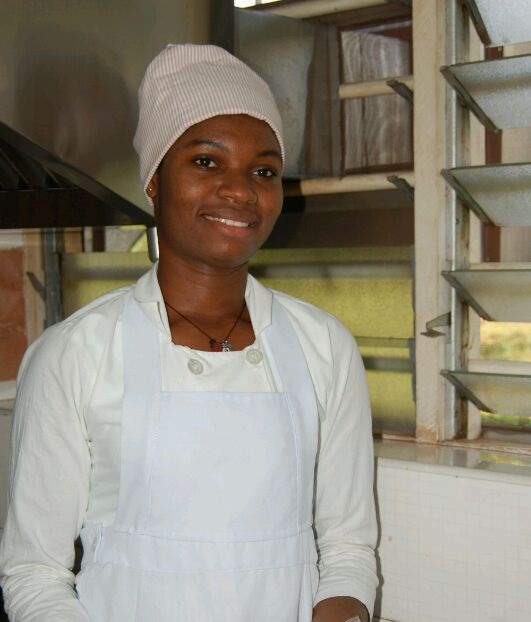
Introduction
In sub-Saharan Africa, youth unemployment is causing the devastating problem of underdevelopment and poverty. There is also no doubt that the high rate of youth unemployment is a major factor contributing to the lack of peace and security in sub-Saharan Africa.
After basic schooling when a young person is about 17 or 18 years old, they should be gainfully employed if they are not furthering their education. Often this does not happen because at that age many of them lack the skills to make them employable.
Young girls are more likely to suffer from a lack of employment opportunities as they are less likely to be sent to school in a household where there is scarcity of funds and male children. In many instances young girls are forced to marry, used as sales girls or lured into the sex trade due to a lack of employable skills.
Nigeria has one of the lowest rates of female entrepreneurship in sub-Saharan Africa, with 47% of Nigerian women becoming mothers before they reach the age of 20. The literacy rate for women is currently at 66%. Additionally, the majority of women work in the casual, low skilled and low paid informal sector.
The innovative approach
Our organisation, Women’s Board – Educational Cooperation Society, has established hospitality schools in different parts of Nigeria. The idea is to make sure that every young girl does not continue on after secondary school without acquiring some skills that would enable her to gain employment later in life. We also have a mentoring system where each young girl in our programme is paired to a mentor in the school. The girls come from various backgrounds which gives the mentoring scheme an advantage as they are encouraged and receive support and learning from a variety of experiences. The training is in a form of personalized education which helps the students to integrate professional training with personal development.
How we eradicated poverty
Given the present lack of a skilled workforce, our hospitality training school improves the opportunities these young women will encounter, giving them the chance to lift themselves out of poverty. The hospitality school offers different hands-on training programs in cookery and hospitality management, at the end of which the students are awarded a certificate in hospitality operations.
Most of the students who are from poor families with parents who are either subsistence farmers, small-scale traders or low-income earners are able to get jobs in the fast growing hospitality industry or are able to establish a small business.
Our programme has helped young women like Chineye break free from poverty. Her mother passed away when Chineye was still a young girl and her father subsisted as a gardener. He earned very little and it was not enough to take care of Chineye and her siblings. She was sent to live with a family friend, away from home. The family friend paid for Chineye’s secondary school fees and now sponsors her education at Lantana College of Hospitality. At Lantana she learned how to be hardworking and more responsible. She was empowered with skills and is now confident that the future is very bright for her and her family. Chineye will finish her studies in Lantana in March and is expected to immediately receive employment in the hospitality sector like all the other past students. This will allow her to support her siblings to complete their education.
Lessons we learned and recommendations
From our years of experience in working with young girls, we have come to realise several lessons.
Regular income of one youth in a poor household can change the prospects for an entire household. When they start earning, girls frequently pay their way through tertiary education, enrolling in part-time or other flexible education programmes. Some of these young household supporters typically send a younger sibling to school if they are not able to at that time.
Mentoring is a valuable component of our educational system. It helps to increase confidence in girls, and helps them to express themselves better, take better control of their career path, apply communication skills and technical abilities.
Without basic education it is difficult and almost impossible for youth to attain further education and development. We recommend that education be made compulsory from age 5 to 16/17 years old. Policies should be put in place so that public schools have higher standards and create feeding programmes, especially for rural people, where children often go to school on an empty stomach. If there is a feeding programme in school, a child becomes more productive and it gives them an incentive to go to school. Unless children go to school, communities and society at large will lack good leadership in the future. Young girls should be sent to school and no child should be working during school hours.
 Welcome to the United Nations
Welcome to the United Nations